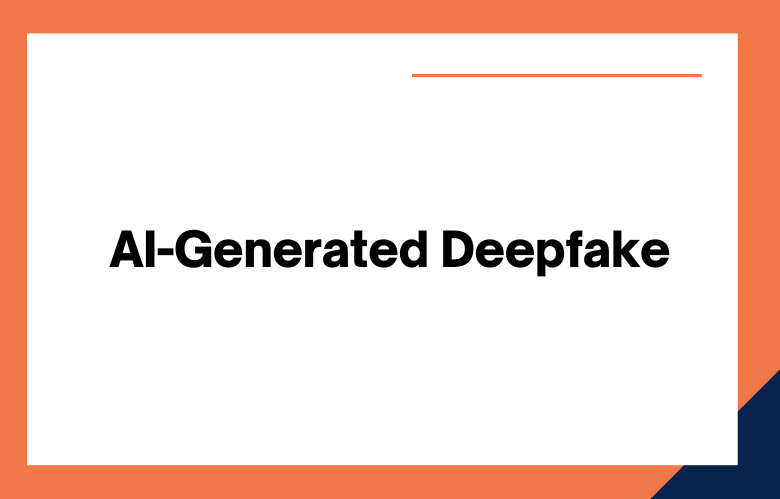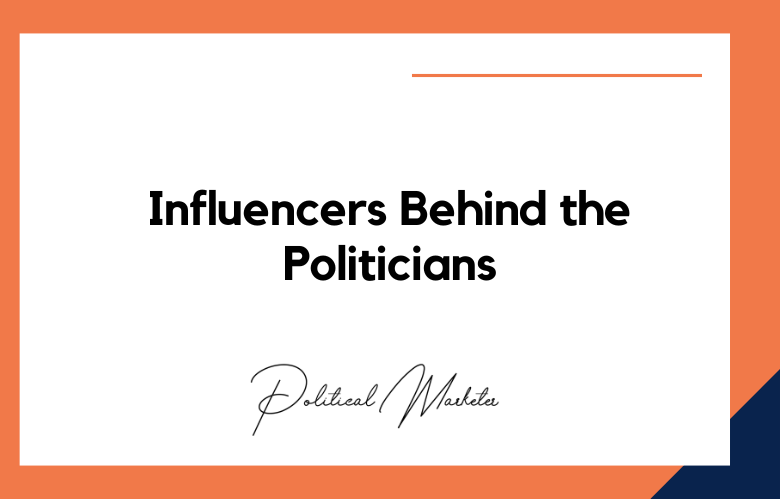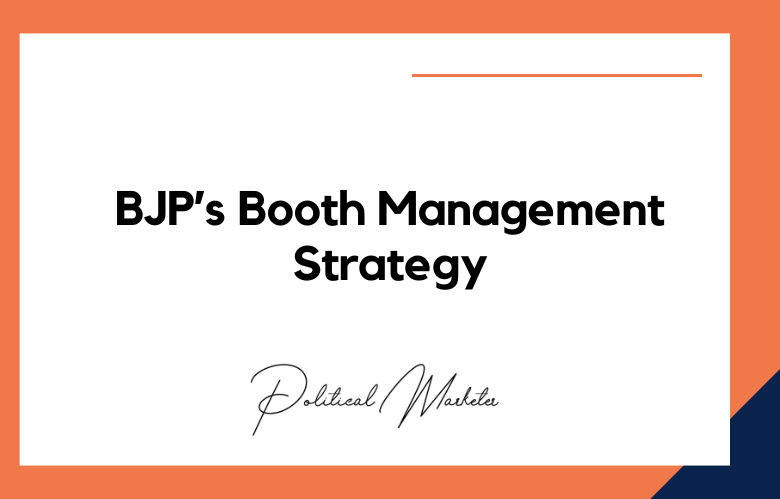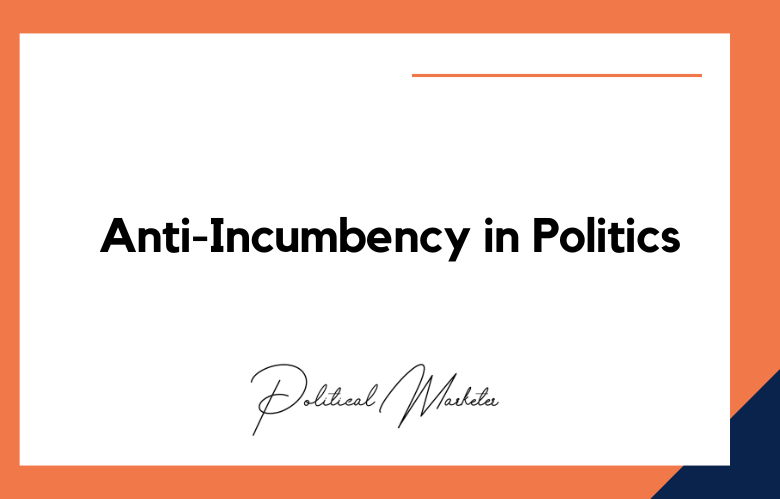The rise of artificial intelligence has paved the way for deepfake technology, which involves creating fake images, audio, and videos that appear to be accurate.
And one of the areas where this technology is employed is politics, specifically in political campaign ads.
AI-generated deepfake political campaign ads can have dangerous implications, not just for individual candidates but also for the democratic process and the entire society. I will explore the dangers, importance, and possible solutions for this increasingly problematic issue.
What are AI-generated Deepfake Political Campaign Ads?
As the world is becoming more advanced in technology, we are seeing new forms of media emerging that can be quite deceiving.
One such trend is deepfake political campaign ads. Have you ever imagined a political campaign ad featuring your favorite politician but with some of the content completely fabricated?
AI-generated deepfake political campaign ads have become increasingly popular over the last few years, but what are they exactly? We will dive in and explain what AI-generated deepfake political campaign ads are and why they are so concerning.
How do AI-generated deepfake political campaign ads work?
AI-generated deepfake political campaign ads are created using machine learning algorithms trained on vast video and audio content datasets.
The algorithms then analyze the data to identify patterns and generate new content based on these patterns.
In the case of deepfake political campaign ads, the algorithms can be used to manipulate existing footage of a politician or create entirely new footage that never existed. The result is a video that appears to be authentic but is, in fact, a complete fabrication.
The Danger and Implications of AI-Generated Deepfake Political Campaign Ads:
One of the primary dangers of AI-generated deepfake political campaign ads is the potential to manipulate voter opinion.
If a candidate’s deepfake ad appears natural, it might present false and misleading information, leading to a false sense of trust in the candidate.
Deepfake technology could swing an election and change the course of history. These risks should not be taken lightly, and measures should be taken to prevent the spread of deepfake political advertisements.
The Use of AI-Generated Deepfake Political Campaign Ads in the 2020 Election:
Recently, in the 2020 US Presidential election, the problem with deepfake technology has come into the spotlight due to several instances where deepfake videos were used against candidates.
For instance, the Trump campaign created a deepfake video that portrayed Joe Biden as confused during a speech.
Additionally, China created a deepfake video that showed Trump as an exotic dancer. This incident showed the world how dangerous deepfake technology can be and why it must be monitored and regulated.
Possible Solutions for AI-Generated Deepfake Political Campaign Ads:
Several solutions could be employed to combat the problem posed by AI-generated deepfake political campaign ads.
One possible solution is the use of AI itself to combat deepfakes by developing deepfake detection software that can identify fake audio, images, and videos.
Another possible solution is the implementation of laws and regulations that restrict or prohibit the use of deepfakes in political ads.
Still, another solution is to educate the population, precisely potential voters, about the dangers of deepfakes and their prevalence in modern-day politics.
The Future of AI-Generated Deepfake Political Campaign Ads:
AI-generated deepfake political campaign ads are becoming an increasingly severe threat in the digital age, so they must be monitored and restricted.
However, it is essential to recognize that the technology used to create deepfakes will continue to advance.
This means there will always be a risk that deepfakes will deceive voters, making this an issue requiring ongoing awareness and attention.
Understanding AI-Generated Deepfake Political Campaign Ads.
In the current age of digital technology, it is becoming increasingly difficult to differentiate between what is real and what is not.
This is especially true in politics, where deception can have disastrous consequences. Enter AI-generated deepfake political campaign ads–a new weapon in the arsenal of political campaigns.
We will dive into what AI-generated deepfake political campaign ads are, how they work, and their implications.
The Scary Truth Behind AI-Generated Deepfake Political Campaign Ads.
Politics has always been a tricky business, and with the creation of deepfake technology, it has become even more dangerous.
Political campaigns have recently begun using AI-generated deepfake videos to influence voters. These videos have forged politicians to say and do things they may never have done.
This manipulation can threaten democracy by creating false narratives and ultimately help spread disinformation. The use of deepfake videos during political campaigns is a worrisome development that must be addressed immediately.
The technology used to create deepfakes is incredibly advanced, and the videos produced make it nearly impossible to distinguish between what is real and what is not.
One of the most significant threats of these videos is that they can be used to harm a candidate’s reputation and influence the election.
For example, by making it seem like a candidate said something morally or politically wrong, a deepfake video could quickly end their campaign before it even began.
The Impact of AI-Generated Deepfake Political Campaign Ads.
With the advancement of technology, anything seems possible. Today’s digital world opens many opportunities for various industries, including politics.
But what happens when that technology is accessible and inexpensive – and can be used to manipulate and mislead the public? This is where the issue of AI-generated deepfake political campaign ads comes in.
Creating manipulated videos, audio clips, and images has become easier than ever, but is using them in political campaigns ethical? Let’s explore the impact of AI-generated deepfake political campaign ads on the future of politics.
One of the most significant impacts of AI-generated deepfake political campaigns is the potential to spread false information that can sway voters.
In the 2016 US Presidential campaign, Russia used troll farms to spread disinformation and influence elections.
Although the interference was limited to social media, imagine the impact of a well-made deepfake video released during a political campaign. Not only could it sway public opinion, but it could also delegitimize candidates and the election process itself.
Conclusion:
AI-generated deepfake political campaign ads pose significant concerns and potential threats to the integrity of the electoral process and society.
These threats must be addressed through technological solutions and legislative interventions.
Additionally, we must continue educating citizens about deepfakes so they can be aware of the risks and take appropriate measures to stop deepfakes from spreading.
Only through combined efforts can we ensure that deepfakes do not become a tool for swaying public opinion, undermining trust in democracy, and hindering our ability to make informed electoral decisions.
Call: +91 9848321284
Email: [email protected]











